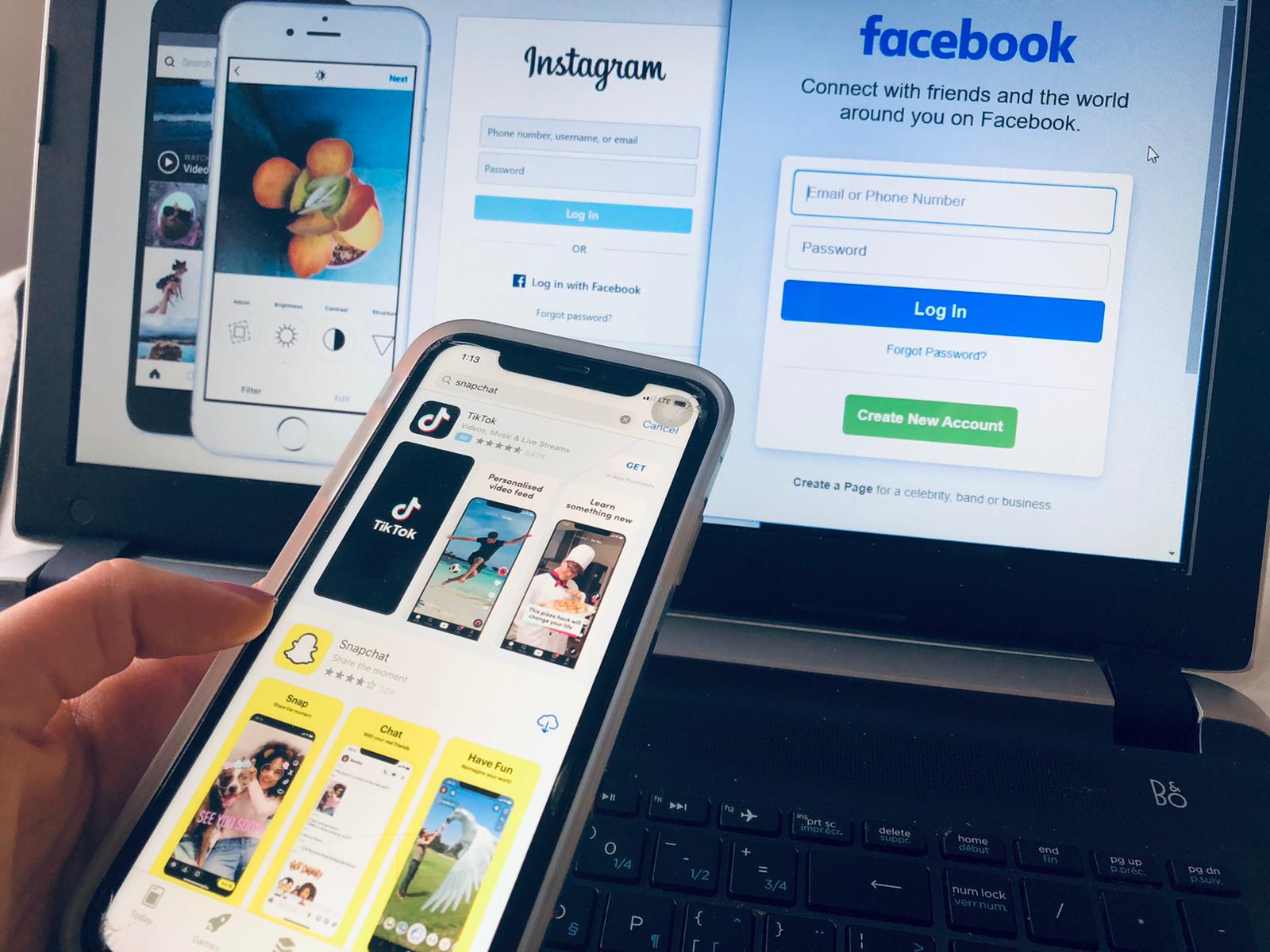As the screen time utility on our phones loves to remind us, many of us are spending much more time on social media than we’d like to admit. But can you blame us? The likes, the new posts, the ability to market yourself and share your thoughts on anything — it all makes for an inviting experience to say the least.
Social media is an invaluable tool — especially during times like these. The driving force behind it being connection — something that we as humans crave. But social media has a dark side, as research has shown us, particularly when it comes to our mental well-being.
Platforms like Instagram and Snapchat may be contributing to feelings of inadequacy about life. Seeing someone’s digitally touched-up highlight reel may skew your perception of reality, leading you to think the people around you are living lives that far exceed yours in luxury, excitement, and productivity — which is more than likely not the case.
Social media also tends to make us compulsive, as our Fear of Missing Out (FOMO) kicks in. FOMO is that grappling feeling you get when you’re missing out on the fun — when something incredibly exciting is happening without you being there, leading you to pick up your phone every few minutes to check. Over time, this can lead to lower self-esteem, anxiety, and propel your social media use even further.
“I think I definitely get FOMO from social media. I find myself constantly picking up my phone and checking an app I literally checked ten minutes before, without even realizing it sometimes,” says first-year computer science student Fatima Syed.
Evidence is also pointing to a strong correlation between social media use and different mental health issues. Several studies have shown that teens and young adults have a substantially higher rate of depression than those who spent the least time on social media. It also seems to exacerbate social anxiety as those already experiencing it may rely on social media heavily to build connections, rather than building relationships in their real lives.
If you find yourself constantly distracted at school or work, comparing yourself to others unnecessarily, or simply find that your depression and anxiety issues are worsening, it may be a sign that you should curb your social media usage.
Our focus should be on making social media a tool in our lives rather than a crutch or a vacuum that sucks away hours of our time. Doing this will require some strategy and commitment on all our parts.
One of the most helpful ways to counteract our usage is to turn off our notifications. Without constant alerts lighting up our phones and prompting us to check the apps, it should be less tempting to pick up your phone throughout the day.
Another useful tip is to allow yourself time away from your phone before bed. Using your phone in general before bed can negatively impact both the quantity and quality of your sleep, and lack of sleep is directly associated with higher rates of anxiety and depression.
Another great strategy is to gradually detach yourself from the lure of social media. If you know you have a habit of constantly checking your phone, make a commitment to check it every 15 minutes for a week. After that, bring it down to 30 minutes and so forth. Over time, your social media usage should be able to get right where you want it — there are many media-limiting apps to help you along the way.
“Personally, I like to check all my social media apps at the start of my day, and then delete them until around the evening. I find this is effective because this way, my productivity isn’t hindered during the day, and I still give myself allotted time to catch up on what’s going on,” says third-year chemistry student Anthony Ricci.


